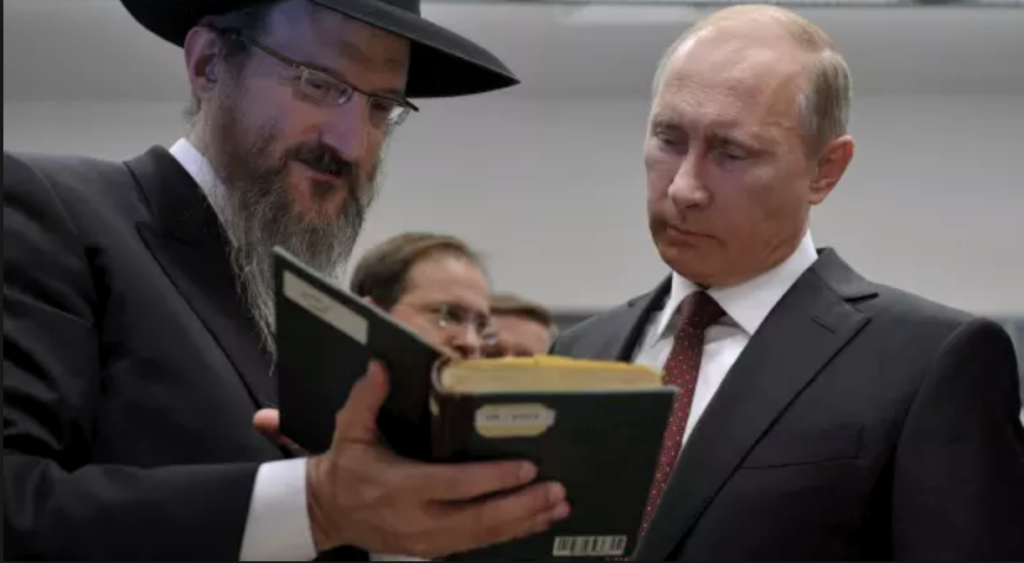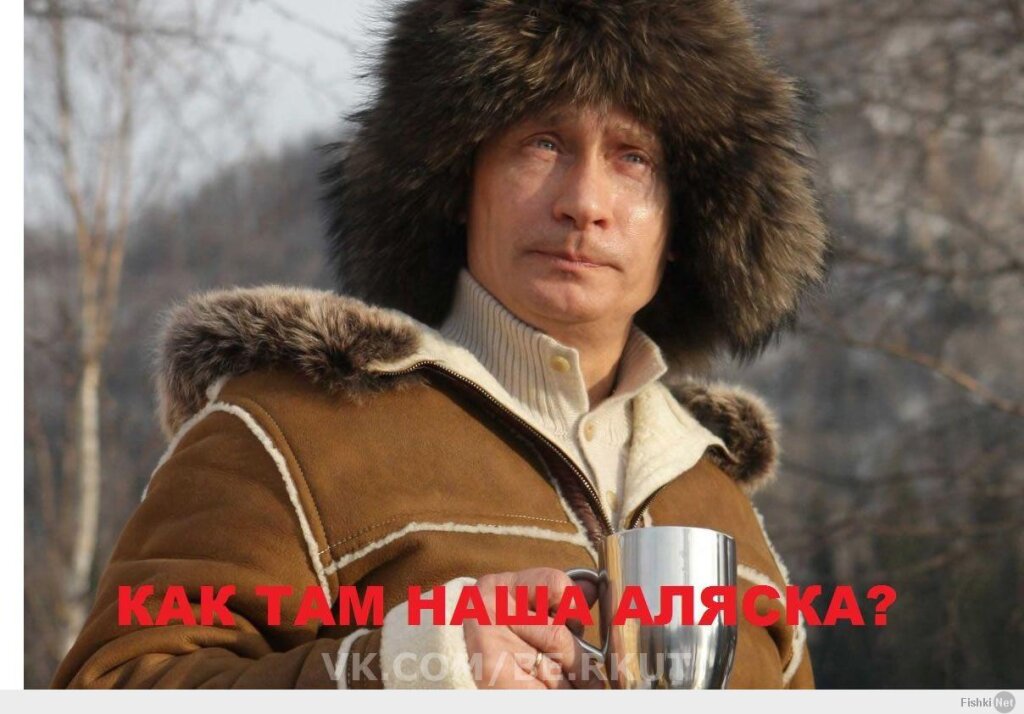This post originally appeared on The Monkey Cage.
In his recent interview with Megyn Kelly, Russian President Vladimir Putin set off alarm bells in the U.S. media. Criticizing the United States for “throw[ing] 13 Russians to the media,” he added: “Maybe they are not even Russians, but Ukrainians, Tatars or Jews, but with Russian citizenship, which should also be checked: Maybe they have dual citizenship or a Green Card; maybe, the U.S. paid them for this.”
No doubt Putin was engaging in prime conspiracy-baiting — turning the tables on allegations of Russian interference in U.S. political culture. New York Magazine’s headline captured the apparent scandal of his claim: “Putin Says Jews Might Be to Blame for 2016 Election Hacking.”
Was Putin showing his anti-Semitism?
This statement has been overblown — and there’s a surprising explanation. Semantics, not anti-Semitism, may be behind Putin’s gaffe. It’s a language issue, not an ethnic or religious one.
There is of course a long history of anti-Semitism in Russia. As a student of Russian conspiracy theories, I look at Jews’ recurring role as scapegoats in Russian culture. The “Protocols of the Elders of Zion,” published first in Russia in 1903, for instance, purported to be a plan for Jewish global domination. Last fall, news circulated widely that the Russian Orthodox Church — closely allied with Putin — is investigating the possibility that the 1918 killings of the Romanov family was a Jewish ritual murder.
Russians have two sets of words for “Russian”
But Putin may not have making an anti-Semitic statement, in fact. His words may go down in history as a classic example of how different something can appear in one language and cultural context versus another.
It all hinges on the basic problem of how to translate a single word: “Russian,” which has multiple counterparts in Putin’s native tongue:
1) “russkii” or “Russian,” which functions as both adjective and noun, describes the language, culture, literature and art of Russia. It also applies to people whom we might call “ethnic Russians” — descendants of Eastern Orthodox Slavs who make up the country’s majority population.
2) “rossiiskii,” also “Russian,” an adjective that applies to the multinational, multiethnic Russian state, and the noun “rossianin,” which refers to a citizen of Russia, regardless of ethnic heritage.
The Soviet Union established a set of linguistic and legal protocols for dealing with the multiple ethnic and national groups that resided within its borders, down to the inclusion of citizens’ “national” origins on their identity documents — what we would likely refer to as “ethnic origins.” This brings us back to Putin’s statement:
“Maybe they are not even Russians, but Ukrainians, Tatars or Jews, but with Russian citizenship.”
A Russian citizen of Ukrainian or Tatar background would not be considered russkii, since that is an ethnic designation. But they are still Russian citizens — rossiane. For Americans, though, the tricky part is how the Soviet Union/Russia cite the status of Jews.
Americans, accustomed to immigration and blended identities, tend to see religion as more a matter of personal choice than heredity. Distinguishing between “Jews” and “real” Americans — or French people, or Russians — makes Americans bristle.
As an American Jew, I grew up thinking that I was half-Russian, one-quarter Polish and one-quarter German, as if I were the product of an odd, Pan-European cocktail recipe. It was only after spending enough time in Russia that I realized I was wrong: From the point of view of my ancestors and the people around them, we were just Jews.
I heard this as much from Jews as from Russians. An old Jewish man in Russia once asked me when I was younger, “How would your parents feel if you married an American?” I answered, “But I am an American.” He just laughed.
Distinguishing Jews from Russians or Poles might seem racist, but it was a practice accepted by nearly everyone involved. This means that Soviet-era identity documents identified Russian Jews as Jews, not Russians. Certainly, this facilitated anti-Semitism, but it still fit with the standard, popular conception of nationality: Jews whose families lived in Russia for generations, along with Jews who spoke no other language and practiced no religion whatsoever, were still Jews. And in today’s Russia, that’s what they remain: Jews.
We don’t have to agree with this approach to ethnicity and nationality, but we do need to recognize its existence. More to the point, it’s important to understand that making the distinction between Jews and Russians does not, in Russian, mark the speaker as an anti-Semite.
That Putin put an ethnic spin on Kelly’s line of inquiry is certainly puzzling. But look again at Putin’s list of non-Russians: Ukrainians, Tatars or Jews. Before late- and post-Soviet Jewish emigration, these three groups would have been among the most prominent non-Russian ethnicities living in the Russian Federation. In other words, if we are talking about Russian citizens who are not ethnic Russians, these are the groups that first to come to mind.
Of course, Putin often sends conspiratorial dog whistles to his more extreme followers. But in this case at least, Putin was not Jew-baiting. He was just speaking Russian.



